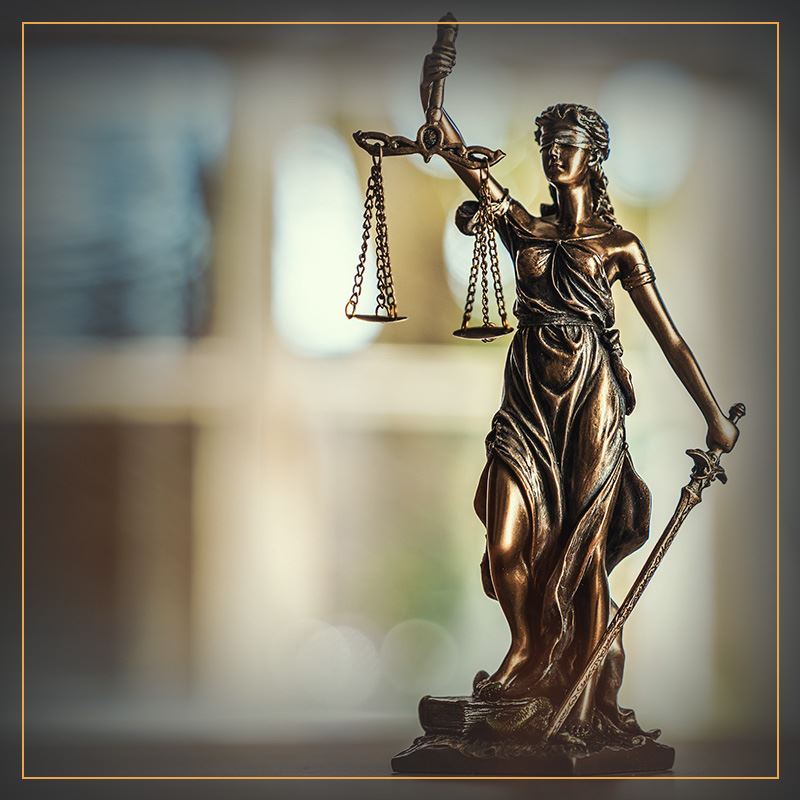
St. Louis White Collar Crime Attorney
Criminal Defense Representation in Any White Collar Crime Charges
White collar crimes are generally nonviolent offenses aimed at financial theft or defrauding others through deceit or misrepresentation for personal gain. Because they are often committed by business professionals, entrepreneurs, or public officials, they have been labeled "white collar." They often involve financial transactions, paper trails, computer files, banking information and statements, and other types of financial documents. These crimes include many types of fraud, such as mail fraud, bank fraud, credit card fraud, fraudulent checks, securities fraud, mortgage fraud, insurance fraud, Medicare and health care fraud, Social Security fraud, welfare fraud, investment fraud, and more.
If you or someone you know has been charged or is being investigated by a state or federal agency for white collar crimes in the St. Louis area, you will want legal representation from an attorney who is familiar with and adept at defending this type of crime. The St. Louis criminal defense attorney at the Whiteley Law Firm handles all kinds of white collar crime cases, whether at the state or federal level. If you are being investigated for a white collar crime, you should contact him immediately and refrain from answering questions by law enforcement until you speak with him about your case.
White Collar Crimes and Consequences
White collar crimes also include such activities as identity theft, embezzlement, forgery, counterfeiting, money laundering, racketeering, investment scams and schemes, blackmail, public corruption, internet fraud and scams, bribery, extortion, insider trading, tax evasion, and more. Where these crimes cross state lines and involve many victims, they may be investigated and prosecuted by the FBI or other federal agencies.
In any type of white collar crime, your future may be severely hampered and restricted if you are convicted. Such a criminal conviction can make it difficult to find employment, housing, or be eligible for professional licenses as well as involve jail or prison sentences, heavy fines, restitution payment with interest to victims, and probation.
Contact the St. Louis white collar crime lawyerat the firm for an aggressive legal defense today.

What Sets Us Apart From The Rest?
Whiteley Law Firm is here to help you get the results you need with a team you can trust.
-
Accessible Support
We make it easy for you to reach out and discuss your case, offering multiple avenues including phone, voicemail, online submission, and office visits for your convenience.
-
Trusted AdvocacyWe understand the gravity of your situation and are committed to earning your trust through unwavering dedication to your defense.
-
Thorough Defense StrategyOur approach involves a meticulous evaluation of your case, ensuring every possible defense avenue is explored to protect your rights.
Our FAQ
Have questions? We are here to help. Still have questions or can't find the answer you need? Give us a call at 888-910-8827 today!
-
Can I represent myself?Yes. Although the right is not unlimited, in every criminal prosecution, the accused must be permitted to act as his or her own attorney. However, the better question is whether you should represent yourself. To that question, the answer is undeniably no. For more information on why a criminal defendant should hire an experienced criminal defense attorney, please read more here.
-
What if I am guilty?
Although your thoughts on guilt or innocence of the charges against you are important, it is only one factor that should be considered in how to dispose of the criminal case.
The Whiteley Law Firm is committed to ensuring that those charged with criminal offenses receive a result that is in their best interest. In doing so, we always ensure that the conduct of the police has been proper and the prosecution can meet their burden of proof.
-
Will my case be dismissed if the police did not read me my Miranda rights?
The continued popularity and proliferation of crime drama television shows perpetuates the idea that the police must advise the suspect of his or her Miranda rights immediately upon being arrested. This television show concept, however, is a myth. The police are under no obligation to inform someone of their constitutional rights once placed in custody.
The Miranda warnings – generally, the right to remain silent and the right to an attorney – take their name from the 1966 U.S. Supreme Court decision of the same name, Miranda v. Arizona. The landmark decision requires law enforcement officials to inform individuals in custody of their rights prior to any questioning. In other words, with some limited exceptions, Miranda warnings are only required when the police interrogate someone while they are in custody.
Given these two requirements, the question whether a case will be dismissed can become a complex question. Suffice it to say, while complete dismissal of the case is not impossible, the more likely result from a Miranda violation would be suppression of the illegally obtained evidence.
